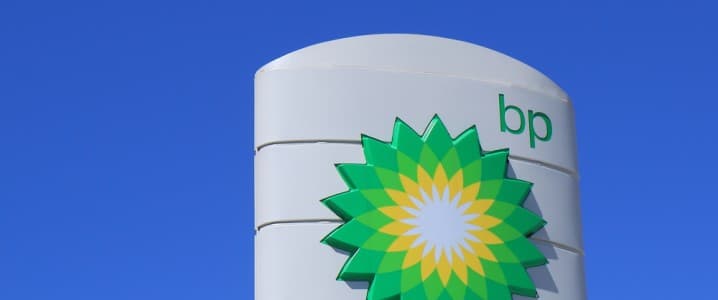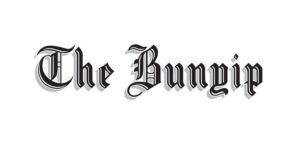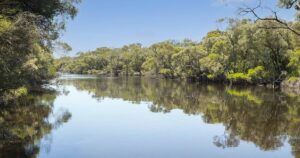
BP has reported a second-quarter profit that exceeded market expectations, despite a decline in earnings compared to the previous year. The UK-based oil and gas company announced an underlying replacement cost profit of $2.4 billion for the second quarter of 2025, down from $2.76 billion in the same period of 2024. This result is significantly above the consensus estimate of $1.82 billion provided by analysts.
The increase in underlying replacement cost profit compared to the first quarter was attributed to improved performance in various sectors. BP noted that an average gas marketing and trading performance, robust refining margins, and stronger earnings in its customers division contributed positively to the results. However, these gains were partially offset by lower liquid and gas realizations, as well as a higher level of refinery turnaround activity.
In conjunction with its earnings release, BP declared a dividend of 8.32 cents per ordinary share, marking a 4% increase. The company also announced a $750 million share buyback for the quarter, reinforcing its commitment to returning value to shareholders.
Cost-saving Initiatives and Strategic Reviews
The report also shed light on BP’s ongoing efforts to achieve structural cost savings. CEO Murray Auchincloss indicated that the company aims for total reductions of between $4 billion and $5 billion by the end of 2027, using 2023 as a baseline. So far, BP has achieved structural cost reductions of $900 million in the first half of 2025, totaling $1.7 billion in cuts against the 2023 baseline.
In response to pressures from investors, including activist hedge fund Elliott Management, which holds a 5% stake in the company, BP is initiating a further review of its costs. Auchincloss emphasized the necessity of enhancing performance, stating, “We are two quarters into a twelve-quarter plan and are laser-focused on delivery of our four key targets. While we should be encouraged by our early progress, we know there’s much more to do.”
In addition, Auchincloss and Albert Manifold, BP’s chair elect, have committed to conducting a comprehensive review of the company’s business portfolio. Auchincloss remarked, “We are also initiating a further cost review and, whilst we will not compromise on safety, we are doing this with a view to being best in class in our industry.” He reiterated that BP “can and will do better for its investors.”
With these developments, BP aims to navigate the challenges of the current energy landscape while striving to enhance shareholder value and operational efficiency.







